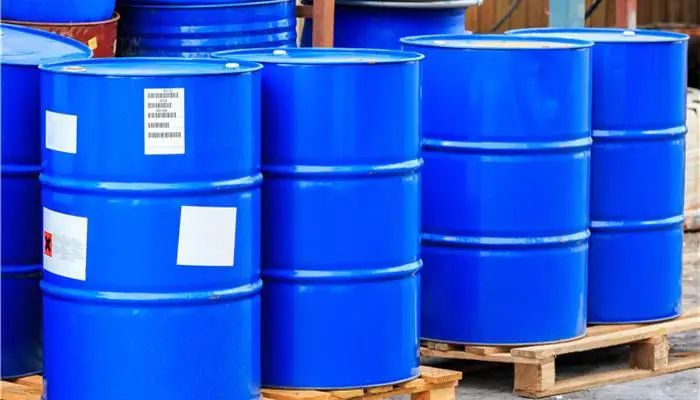Acetone is a widely used organic solvent with a variety of industrial applications, including paints, adhesives, and electronics. Isopropyl alcohol is also a common solvent used in a range of manufacturing processes. In this article, we will explore whether acetone can be made from isopropyl alcohol.
The primary method for converting isopropyl alcohol to acetone is through a process called oxidation. This process involves reacting the alcohol with an oxidizing agent, such as oxygen or a peroxide, to convert it into its corresponding ketone. In the case of isopropyl alcohol, the resulting ketone is acetone.
To carry out this reaction, the isopropyl alcohol is mixed with an inert gas like nitrogen or argon in the presence of a catalyst. The catalyst used in this reaction is usually a metal oxide, such as manganese dioxide or cobalt(II) oxide. The reaction is then allowed to proceed at high temperatures and pressures.
One of the main advantages of using isopropyl alcohol as a starting material for making acetone is that it is relatively inexpensive compared to other methods of producing acetone. Additionally, the process does not require the use of highly reactive reagents or dangerous chemicals, making it safer and more environmentally friendly.
However, there are also some challenges associated with this method. One of the main drawbacks is that the process requires high temperatures and pressures, making it energy-intensive. Additionally, the catalyst used in the reaction may need to be periodically replaced or regenerated, which can increase the overall cost of the process.
In conclusion, it is possible to produce acetone from isopropyl alcohol through a process called oxidation. While this method has some advantages, such as using a relatively inexpensive starting material and not requiring highly reactive reagents or dangerous chemicals, it also has some drawbacks. The main challenges include the high energy requirements and the need for periodic replacement or regeneration of the catalyst. Therefore, when considering the production of acetone, it is important to take into account the overall cost, environmental impact, and technical feasibility of each method before making a decision on the most suitable production route.
Post time: Jan-25-2024





